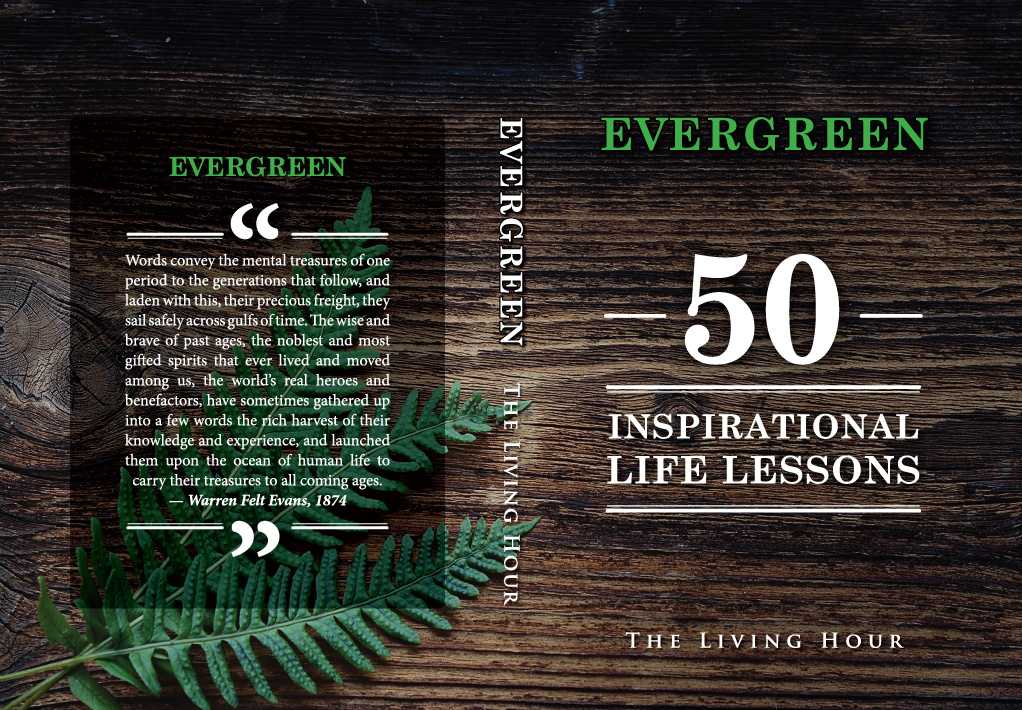04 Sep Inspirational Life Lessons for Adults (Young & Old)
Podcast Transcript: Welcome to the Inspirational Living Podcast. I’d like to start today by thanking Ettitude for sponsoring our August podcasts. We are always pleased when we can recommend to you a company that we personally, and enthusiastically, believe in. Based in Australia and shipping worldwide, Ettitude is a socially responsible company that truly is revolutionizing the way bed linen is being made.
Their bamboo lyocell sheets and duvet covers are not only as soft as 100 count Egyptian cotton, but they are made with a technology that is far more sustainable and environmentally-friendly than that used with traditional bed linen.
We all deserve a good, and refreshing, night’s sleep. And I can guarantee that Ettitude can help you get that well-earned rest. Visit them online today at Ettitude.com. That’s ETT-IT-UDE.com. Try out their silky soft bedding for 100 days risk free, and get 10% off your purchase by using the coupon code: Inspiration.
Now, let’s move on to today’s reading, which has been edited and adapted from Our Sunday Talks by James J. Owen, published in 1883.
LIFE has many puzzling problems. Many that stagger reason and leave the mind lost in a labyrinth of doubt. We cannot tell why it is that wrong is permitted to exist in the world, that the innocent should suffer for the wickedness of others, that nature, in her operations, should seemingly be so inharmonious and make so many blunders — especially if we are to believe in an all-wise and infinitely just Ruler at the helm of the Universe.
We cannot understand these things. No one can. The least we can do is to wait patiently until we can obtain a clearer view of life. Sometime and somewhere, we doubt not that we shall be able to take in at a glance the whole long journey of life, from the cradle to the grave. And then we shall see, in that clearer light, that what seemed to us wrong here was so only in seeming; and that at last, and in the eternal purposes of the Infinite, all is for the best.
We cannot judge of the year by a single day, nor of a human life by a single experience. We must see the first in its completeness (and live the other through all of its experiences) to judge correctly of either one. Therefore, when we feel it in our hearts to complain or rebel at our lot in life, at the hard conditions to which we are sometimes subject, would it not be well to wait a little while before we sum up the case and conclude that the world is out of joint?
“KNOW thyself” is one of the oldest maxims of human kind. It is a piece of advice, however, that very few of us ever profit by. Most people have only a sort of speaking acquaintance with themselves, as though they lived next door or across the street. They never come into full and loving sympathy with their own natures, and hence never realize what treasures of sweet and beautiful companionship they deprive themselves.
To know one’s self thoroughly requires much more patient research and study than most people would imagine. But no knowledge is filled with such rich rewards, such perfect treasures of wisdom and happiness. First come the delights of that physical knowledge which makes us familiar with the hidden springs and secrets of life — with the quality and functions of every nerve, organ, and muscle — with all the wonderful mechanism and movements of the bodily house we live in.
But this knowledge is only a stepping-stone to those higher joys that come from an intimate relationship with, and keen insight into, the character of that mysterious occupant of our earthly temple: the living soul. Here is indeed a vast field for research, a mighty storehouse of treasure or trash, and sometimes both.
To add to the former, and to cast out and displace as much of the useless and worthless as possible, should be everyone’s life work. Yet the chief aim of life for many people seems to be to devise ways and means for getting away from themselves. They are miserable when alone, and are only reasonably contented when entertained and amused by someone else.
Such people may be very kind hearted and very good (in their own particular way), but they are often like vampires to their friends, absorbing their lives and giving nothing in return. A well-stocked brain never tires of its own company. It finds food for thought in a thousand things, whereof the superficial mind would take no note….

